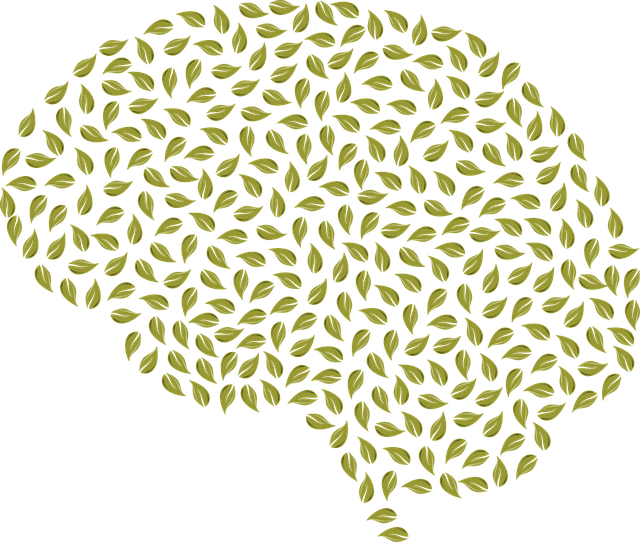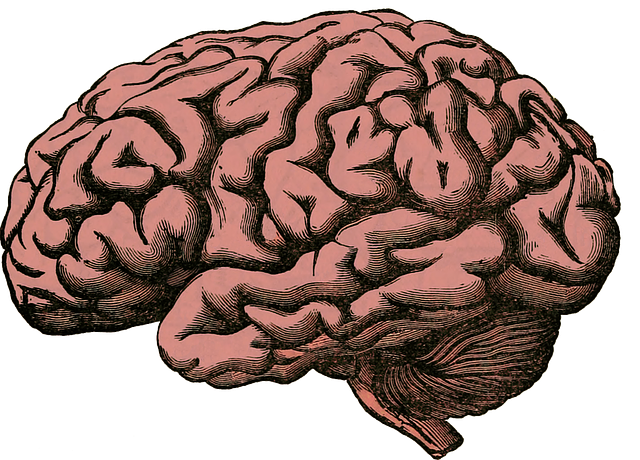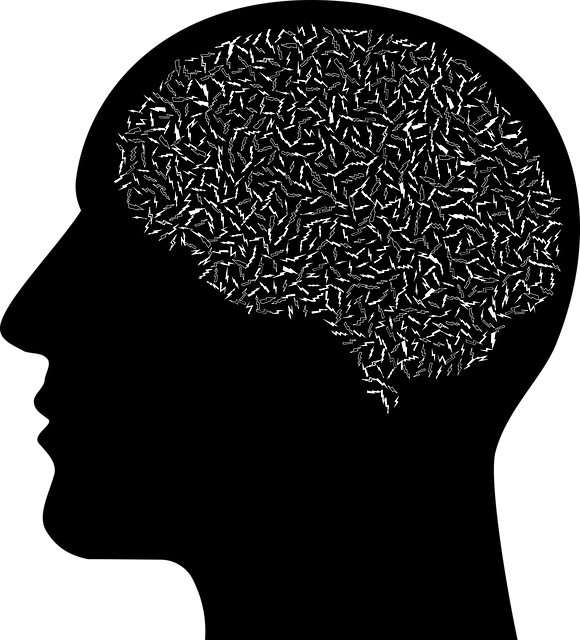In today's fast-paced world, mental wellness is a top priority, with Mental Wellness Coaching Programs (MWCPs) using evidence-based practices and personalized guidance to enhance emotional healing and reduce stigma. Littleton American Sign Language Therapy (LASL) integrates cultural competency, making MWCPs more accessible for diverse communities, especially those with language barriers or unique communication needs. By incorporating LASL and customizing programs based on age, culture, and pre-existing conditions—evaluated through surveys, interviews, and measurable outcomes—coaches can revolutionize mental wellness support, fostering a more inclusive and effective system for all.
Mental wellness coaching programs are gaining prominence as essential tools for fostering holistic well-being. This article explores the growing need for such initiatives, focusing on designing effective programs that cater to diverse mental health challenges. We delve into innovative strategies, highlighting the unique integration of Littleton American Sign Language Therapy for enhanced accessibility and communication. Furthermore, implementation and evaluation methods are discussed to ensure these programs achieve their maximum impact, offering a comprehensive approach to mental wellness coaching development.
- Understanding the Need for Mental Wellness Coaching Programs
- Designing Effective Programs: Incorporating Littleton American Sign Language Therapy
- Implementation and Evaluation Strategies for Optimal Impact
Understanding the Need for Mental Wellness Coaching Programs

In today’s fast-paced world, mental wellness is a cornerstone of overall health and well-being. The increasing prevalence of mental illness across all demographics underscores the urgent need for accessible and effective support systems. Mental Wellness Coaching Programs (MWCPs) play a pivotal role in this regard, serving as powerful tools to enhance emotional healing processes and foster resilience. By integrating evidence-based practices with personalized guidance, these programs address not only individual needs but also contribute to broader Mental Illness Stigma Reduction Efforts.
Littleton American Sign Language Therapy is a prime example of how cultural competency can be integrated into mental health services. Training healthcare providers in cultural competency ensures that MWCPs are inclusive and sensitive to diverse communities. This approach recognizes that effective coaching must account for individual differences, including communication styles, cultural backgrounds, and unique challenges. Through such initiatives, we move towards a more comprehensive understanding and support system for everyone seeking emotional healing and overall mental wellness.
Designing Effective Programs: Incorporating Littleton American Sign Language Therapy

In the realm of mental wellness coaching programs development, incorporating innovative therapeutic modalities like Littleton American Sign Language Therapy can significantly enhance their effectiveness. This unique approach, which transcends verbal communication, offers a powerful tool for addressing diverse mental health needs, especially within populations that may face language barriers or have different learning styles. By integrating sign language into coaching sessions, practitioners can create an inclusive environment, fostering better understanding and connection with clients.
The incorporation of Littleton American Sign Language Therapy not only enriches the stress management and crisis intervention guidance components of mental wellness programs but also opens up new avenues for expression and healing. It allows coaches to cater to a broader spectrum of individuals, ensuring that services are accessible and beneficial to those who might otherwise struggle with traditional talk therapy. This holistic strategy underscores the evolving nature of mental wellness coaching, aiming to revolutionize support systems in today’s diverse society.
Implementation and Evaluation Strategies for Optimal Impact

Implementing mental wellness coaching programs requires a strategic approach to ensure optimal impact. One effective strategy is to tailor programs to specific populations and their unique needs, such as incorporating Littleton American Sign Language (ASL) therapy for deaf or hard-of-hearing individuals, enhancing accessibility and engagement. Customization should also consider age groups, cultural backgrounds, and any pre-existing conditions to deliver personalized support.
Evaluation is a critical aspect of program development. Regularly assessing participants’ progress through various methods, such as surveys, interviews, and measurable outcomes, allows for continuous improvement. For instance, measuring improvements in self-esteem and empathy-building strategies can provide valuable insights into the program’s effectiveness. This data-driven approach enables coaches to refine techniques and adapt their methods, ultimately enhancing the overall mental health education programs design.
Mental wellness coaching programs, such as those incorporating Littleton American Sign Language (ASL) therapy, are essential tools in promoting overall well-being. By understanding the unique needs of individuals and designing comprehensive strategies, we can foster meaningful growth and development. Effective implementation and evaluation ensure that these programs have a profound impact, reaching even the most diverse populations. This holistic approach to mental health support is a game-changer, offering customized guidance and enhancing access to care for all.












